IFFR Pro, the Rotterdam Film Festival‘s industry section, and the year’s first major film market, is in full swing. While other markets focus on major commercial titles with A-list stars, IFFR, true to its roots in the 42-year-old CineMart — the “OG of co-production markets” as new IFFR Pro director Marten Rabarts puts it — Rotterdam targets projects and filmmakers outside the mainstream, usually from parts of the world where the indie industry is small to non-existent.
Highlights of the 2025 CineMart lineup (see full list below) include Enkop (The Soil) by Angela Wanjiku, a neo-western set in Kenya’s volatile ranch lands, and Something Strange Happened to Me by Ukrainian director Dmytro Sukholytkyy-Sobchuk, which explores grief and trauma in the context of the ongoing war. The selection also reflects a growing anxiety within the LGBTQ+ community, with projects like Cheryl Dunye’s Black Is Blue, a near-future dystopian story about trans identities.
The Hubert Bals Fund (HBF), an indie-film funder focused on global cinema, plays a key role in Rotterdam market, and several HBF-supported projects are featured in the official lineup and in Darkroom, IFFR Pro’s works-in-progress section. This year’s lineup also includes a special focus on Georgia, where filmmakers are grappling with political and financial pressures under the pro-Russia Georgian Dream party.
In addition to the project showcases IFFR Pro this year will host the 25th edition of the Rotterdam Lab, a five-day networking and mentoring event for emerging producers. Rabarts is also planning a new Writers and Directors Lab, set to launch in 2026, to complement the existing Producers Lab.
Speaking to The Hollywood Reporter, Rabarts delves into Rotterdam’s USP as the “first and original co-production market” dedicated to backing “urgent, compelling, and artistically impeccable cinema,” and supporting filmmakers at risk around the world. “We’re looking for projects where the cinematic voices are extraordinary, and the stories they have to tell are urgent and compelling—it has to be both, always.”
What does the Rotterdam’s IFFR Pro do differently, or better, than the other industry markets out there?
It’s a really good question. It’s one we’ve also been evaluating—what’s the point of difference with Rotterdam? One of the things to recognize is that Rotterdam created the original co-production market. It’s the OG of co-production markets, which has been replicated around the world, often with the support of Rotterdam. Being the first and original co-production market, there was a lot of pressure on what is a limited-capacity event. The proliferation of markets has been supported in many ways by Rotterdam to take some of that pressure off.
What we’re looking at now is where we fit and belong in the current spectrum of offerings. I think we’ve been focusing on returning to the DNA of Rotterdam, which is supporting experimental filmmakers, LGBTQ+ filmmakers, and filmmakers at risk. This year, the curation has been driven by urgency and the need for storytelling. The work has to be artistically unassailable, but we also consider the meaning of the work in a world that feels like it’s on fire.
This approach has been responsive to experiences I’ve had around the world with industry professionals— producers, writers, and directors — who are looking to invest their resources, whether personal, financial, or creative, into projects that have meaning and can potentially change the world for the better.
There’s been a real focus on social justice, with several films this year dealing with the rise of authoritarianism, both current and historical, and communities at risk under these regimes. We’ve also seen an influx of projects dealing with near-future dystopian realities, reflecting the anxiety within the creative community about what the future holds.
How does the political climate in Europe, particularly the rise of right-wing governments, impact the film industry and co-production markets?
That’s a really good observation. The European film industry is heavily dependent on state subsidies, and if political parties stop supporting progressive works, it becomes much more difficult to produce them. This creates a different dynamic, and co-production markets like Rotterdam are under particular strain to remain progressive.
However, we’re somewhat protected from needing to self-censor, which is the worst-case scenario for an organization like ours. Our funding from the Dutch government is separate from the government itself, and we haven’t felt any pressure to change our positioning as supporters of liberal voices. Internationally, we’ve been sensitive to finding projects that may be at risk in their home countries. For example, this year, we selected three films from Georgia in our Darkroom program, our works-in-progress section. We believed in these projects and felt that Georgian filmmakers needed extra support.
How has the demand for co-production financing models changed, and why do you think this model remains relevant?
Co-production financing models have evolved, especially as American producers are increasingly looking to co-productions in a way they weren’t 15 years ago. The European soft money and co-production systems are now organically linked, and it’s rare to find a European film that isn’t co-produced. The financial instruments and treaties in place promote a healthy environment for co-productions, which drives the need for markets like ours.
Internationally, we’re seeing a greater desire to understand different funding models, especially from territories like the USA, Asia, and India, which have different funding systems. In response, we’re offering sessions in our labs to educate producers from these regions about European soft money and co-production treaties, and vice versa. This helps level the playing field before they engage with the market.
What’s new at IFFR Pro this year?
We’re expanding our works-in-progress market, the Darkroom, to include 12 projects, two of which are immersive VR projects. We’re also laying the groundwork for a new initiative called the Business of Art Lab, which will launch in 2026. This lab will focus on educating creative professionals—writers, directors, and creators of moving image works—about the business side of filmmaking, such as IP, revenue streams, and financing. This is important because while producers are highly skilled in these areas, many artists are not, and this knowledge can transform their relationship with producers and the business world.
Additionally, we’re working on a new market for filmmakers at risk—filmmakers who are stateless or in exile. This initiative will provide a platform for these filmmakers to present their stories and connect with producers, even if they don’t have a producer or funding in place. This is a significant departure from the traditional co-production market model, which usually requires a producer, a script, and some funding upfront.
How has the changing landscape of streaming platforms impacted the financing and distribution of arthouse and experimental films?
Producers of art house films have always had to be incredibly creative in how they finance and distribute their work. The rise of streaming platforms initially created a buying frenzy but that has since died down. However, the theatrical life of many art house films now includes the festival circuit, where festival fees can create a significant revenue stream.
European soft money funders are also shifting towards funding fewer films but of higher quality. We’re seeing a growing synergy with the Hubert Bals Fund, which supports projects that align with our mission. This year, we have six Hubert Bals-funded projects in our selection, and this collaboration is likely to grow.
Are there any standout projects in this year’s selection that you’d like to highlight?
One project that stands out is Black is Blue by Cheryl Dunye, a queer filmmaker who has been directing high-end TV dramas like Bridgerton and Queen Sugar. She’s returning to her roots with this passion project, a near-future dystopian film exploring trans identities. It’s a confluence of her artistic work and her commercial experience, and Rotterdam felt like the perfect platform for her.
Another project is Unidentified Actress by Ashim Ahluwalia from India. He’s an internationally recognized filmmaker whose previous work has been selected for Cannes and Venice. This film is part of a trilogy and reflects his need for international co-producers to access global markets, even though he has strong support within India.
How do you see the role of festivals in decolonizing cinema and supporting authentic voices from non-Western countries?
This is a complex issue. Festivals play a significant role in taste-making, and there’s a risk of imposing Western expectations on films from other parts of the world. We’re having a panel discussion this year to explore how festivals can support authentic voices without gatekeeping. The goal is to ensure that filmmakers from regions like Southeast Asia, Latin America, and Africa can bring their work to the global stage without feeling pressured to conform to Western tastes.
What are your thoughts on the impact of authoritarian regimes on filmmaking, particularly in countries like Argentina?
The rise of authoritarianism has had a profound impact on filmmaking in countries like Argentina. We’ve seen projects from Argentina with zero funding from their home country, which is shocking given Argentina’s rich cinematic history. One project we have this year, Faust by Jasmine López, is led by a German production company because the local support system has collapsed. The film deals with the transition from populism in Argentina and the influence of American intervention in Latin America, reflecting on the country’s history over the past 50-60 years.
Final thoughts?
Rotterdam has always been known for its support of urgent, compelling, and artistically impeccable cinema. In these times, it feels more important than ever to stand strong in our roots and continue supporting filmmakers who have extraordinary stories to tell. The work we do is about both the art and the urgency of the stories, and we’re committed to providing a platform for these voices.
IFFR Pro Selection
CineMart 2025
- 100 Thousand Turkish Liras, Nazlı Elif Durlu, Turkey, Germany
- Adiós, amor, Zaida Carmona, Spain
- Black Is Blue, Cheryl Dunye, United States, Germany, Greece
- Cape of Pleasures, Marcelo Gomes, Cao Guimarães, Brazil, Uruguay
- Corte Culebra, Ana Elena Tejera, France, Panama
- Enkop (The Soil), Angela Wanjiku Wamai, Kenya, Netherlands
- Eziko, Babalwa Baartman, Jenna Cato Bass, South Africa
- Faust, Jazmín López, Germany, Argentina
- Four Seasons in Java, Kamila Andini, Indonesia, Singapore
- How Melissa Blew a Fuse, Una Gunjak, Bosnia and Herzegovina, Croatia, Serbia
- Inbetween Worlds, Diana Cam Van Nguyen, Czech Republic, Slovakia
- Marseille, Yim Brakel, Netherlands
- Meat, Rioghnach Ni Ghrioghair, Ireland
- Sentinel, Carl Joseph E. Papa, Philippines
- Something Strange Happened to Me, Dmytro Sukholytkyy-Sobchuk, Ukraine
- The March of the Sunflowers, Erik Ricco, Brazil
- The Price of Gold, Eugen Jebeleanu, Romania
- The Uganda Project, Daniel Mann, France, UK
- Strange Root, Lam Li Shuen, Mark Chua, Singapore, Indonesia
- Unidentified Actress, Ashim Ahluwalia, India, Germany
CineMart Immersive 2025
- The Dreams of Time, Jeissy Trompiz, Venezuela, Spain
- Hyperdam, Floris van Laethem, Netherlands
- One Charming Night, Robin Coops, Netherlands
- Strata, Lilian Hess, Luxembourg
Darkroom
- The Art Patron, Julia Thelin, Sweden, Denmark
- Bayaan, Bikas Ranjan Mishra, India
- Bloques Erráticos, Thomas Woodroffe, Chile, France, Argentina
- Dry Leaf, Alexandre Koberidze, Germany, Georgia
- The Great Orator, Daniel Ernst, Netherlands (immersive)
- La hiedra, Ana Cristina Barragán, Ecuador, Mexico, France, Spain
- Kaktarua, Yudhajit Basu, Prithvijoy Ganguly, India, Taiwan
- Last Night I Conquered the City of Thebes, Gabriel Azorín, Spain, Portugal
- The March, Leo Erken, Frieda Gustavs, Netherlands, Ukraine (immersive)
- Sorella di Clausura, Ivana Mladenovic, Romania, Serbia, Italy, Spain
- Tear Gas, Uta Beria, Georgia, France, Germany
- Wild Dogs Don’t Bite, Rati Oneli, Georgia, Luxembourg
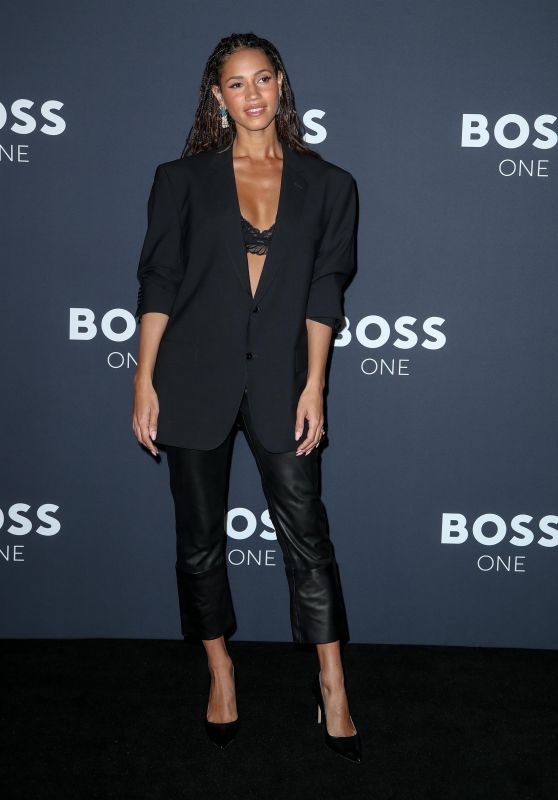
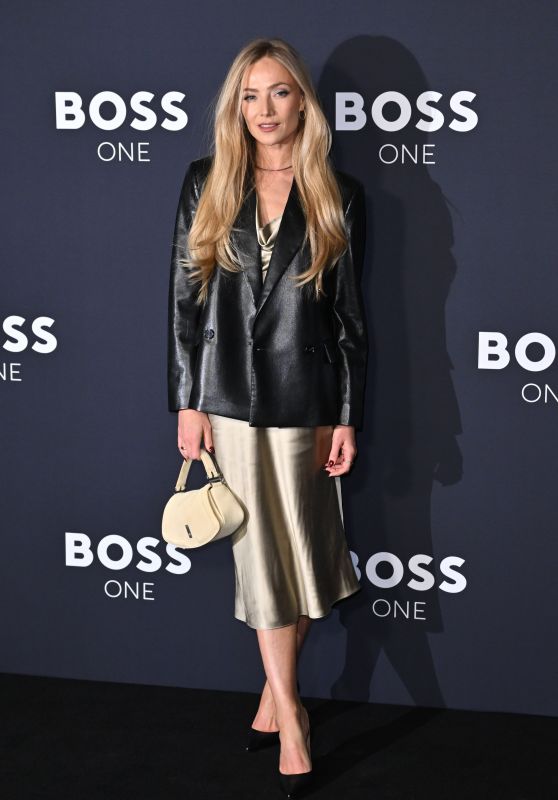
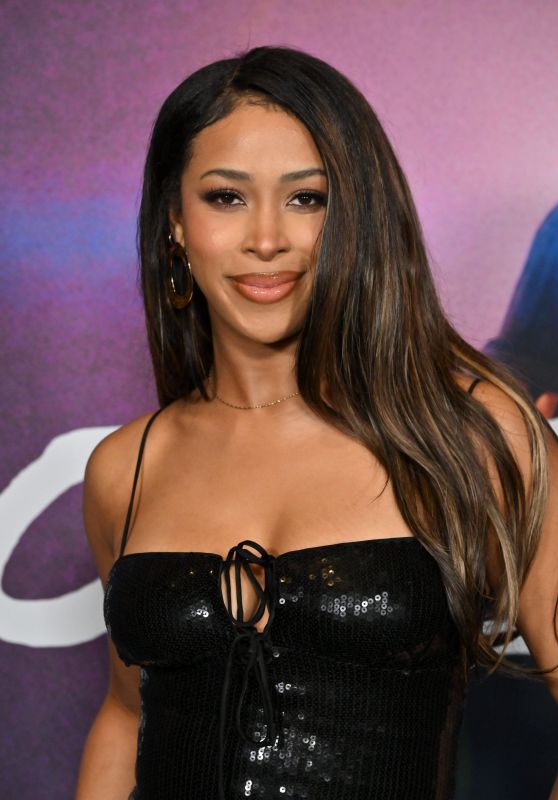

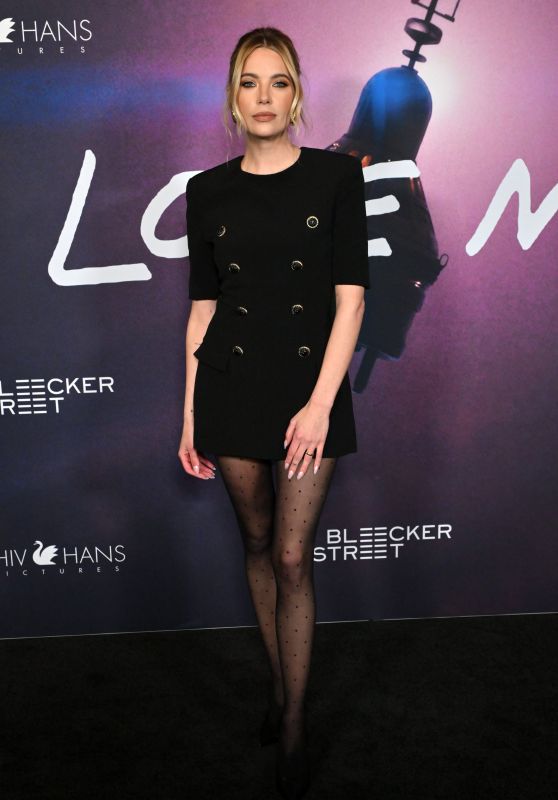
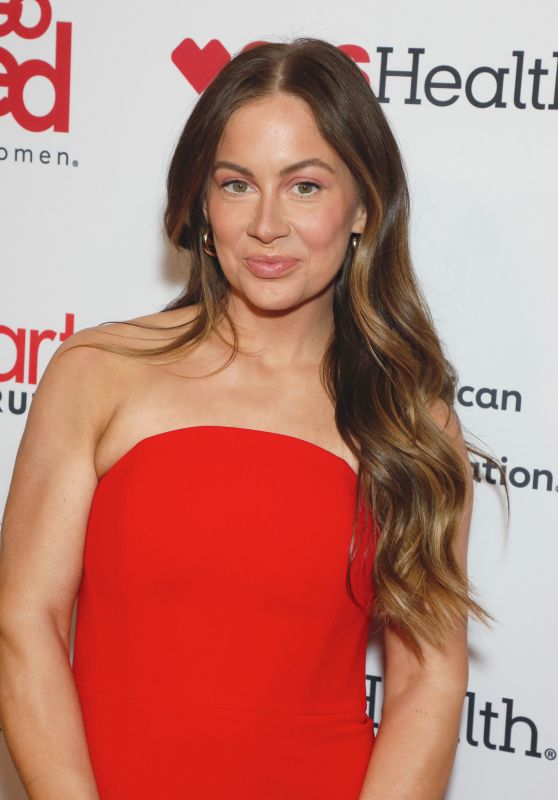
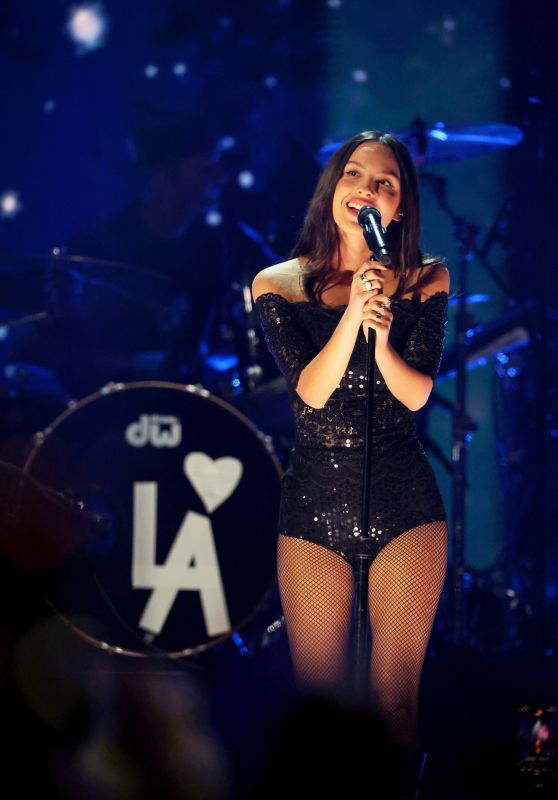
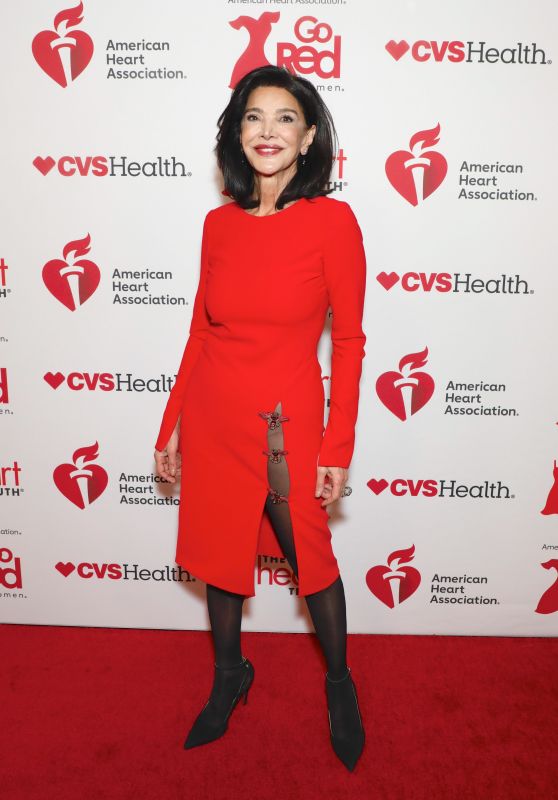
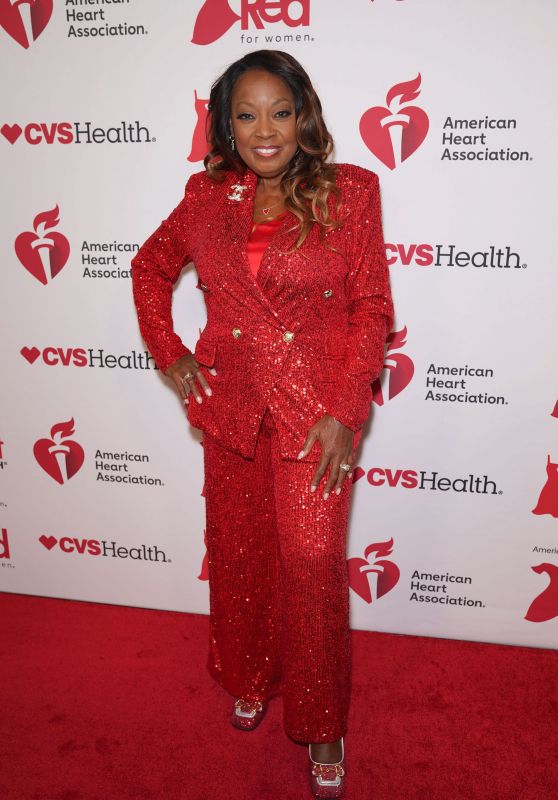
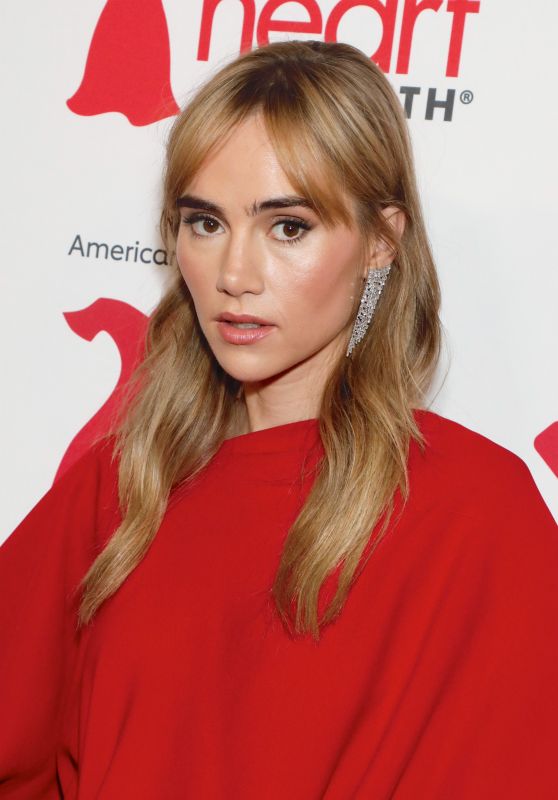
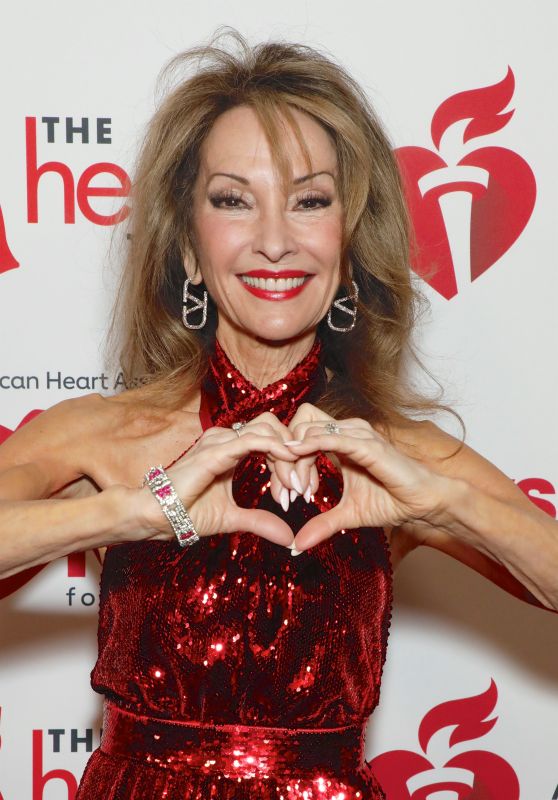
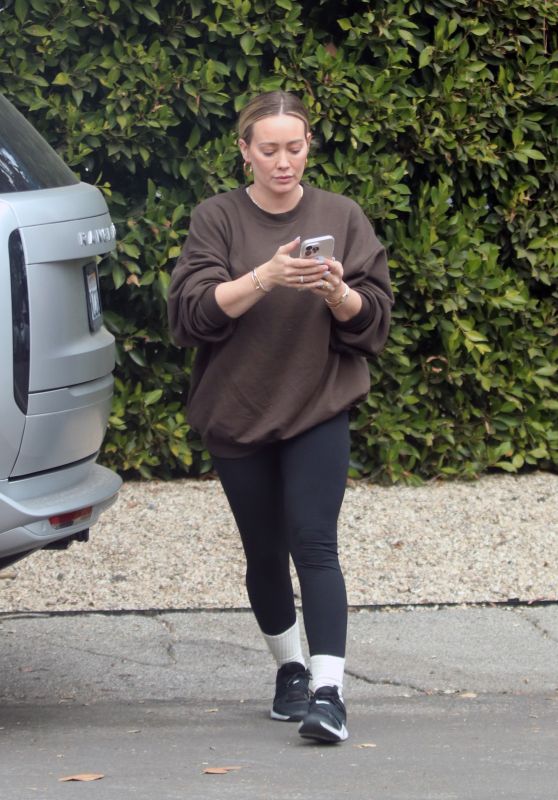








 English (US) ·
English (US) ·